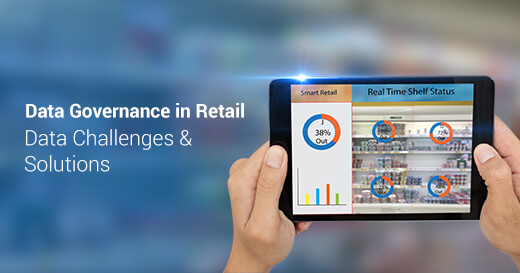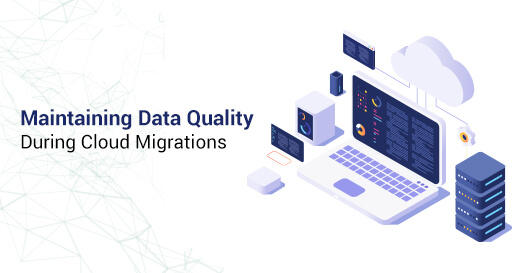Challenges of Manual Privacy Operations
Written by Devyaani
Content Writer, Digital Marketing
Five Fundamental Challenges
Many organizations carry out data inventory and data mapping services manually. Automated data privacy compliance and framework provide multiple benefits to organizations as it adds to better compliance and functions. Not just it, it also helps to prevent identity thefts and avoid costly mistakes.
In many organizations, manual methods such as emails and spreadsheets are the most common way to carry out data inventory and mapping activities. It increases the number of challenges and risks associated with it.
The five fundamental challenges are:
Dependency on tickets/emails to locate data
Lack of process to track privacy compliance
Trouble classifying data
Difficulty in managing data quality, consistency, and compliance
Manual intervention for data flow monitoring purposes
Organization's reliability, productivity, and efficiency increase with automation. Overlying on emails, spreadsheets, or tickets can cause multiple challenges as manual processes open room for errors. Risks and errors can expose an organization to data and privacy risks. In some cases, such threats even go unnoticed. It is important to build a data intelligence foundation that includes data governance and data privacy frameworks and compliance solutions.
How can Collibra Help with Overcoming Such Challenges?
From implementation, customizations to management, we offer one-stop solutions for data governance. Royal Cyber's Collibra professionals are the subject matter experts who can help you drive success and accelerate growth to unleash limitless potential.
Strategic Data Management Approach with Collibra's Data Stewardship
Streamlined Implementation of License Management
Successful Development, Management, and Customizations of Workflows
Collibra Web Interface and Web Application Components Check, using JAVA API, REST API, Snapshots, Query API, BPMN 2.0 Workflow Engine, Data Quality Connector
Expert Enablement of Features (Business Glossary, Catalog, Help Desk, Policy Manager, and more)
No Errors, 24/7 Back-up, and Restoration
In all, manual operations can cost an organization dearly and increase the number of challenges as there is a lack of process to track the accuracy of the data. It is important to understand the challenges of manual privacy operations to understand what data privacy processes can get floated to streamline strategic data management and other workflow processes. Automation has multiple benefits; from fewer data errors to easy restoration, it covers all business aspects. Automation of privacy operations also adds to better decision-making and business growth.
Our Approach
- Implementation of Enterprise-Level Governance: Our experts support effective data management to ensure that the organizational data complies with the global regulatory standards for enterprise-level governance.
- Streamlined Process and Controls: Our experts ensure that the implementation runs on streamlined processes and controls that support effective data management for better compliance.
- Regular Quality Analysis: Our experts run regular quality checks and identify measures that help in necessary implementation to ensure better data quality, regular updates, and improvements.
- Enhanced Metadata Analysis: Our experts perform a detailed metadata analysis for improved data efficiency to help your organization strengthen process delivery.
Royal Cyber experts can also help you provide a comprehensive view of ensuring data quality and consistency that guarantees better decision-making strategies. We provide continued existence through risk management and optimization with our established rules of data use and compliance requirements that increase data value. What more? Our operation models help you to control the workflow better with less effort that provides flexibility and scalability. For further details on the services, contact us.



